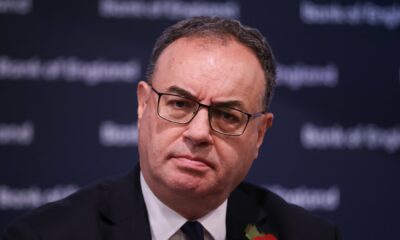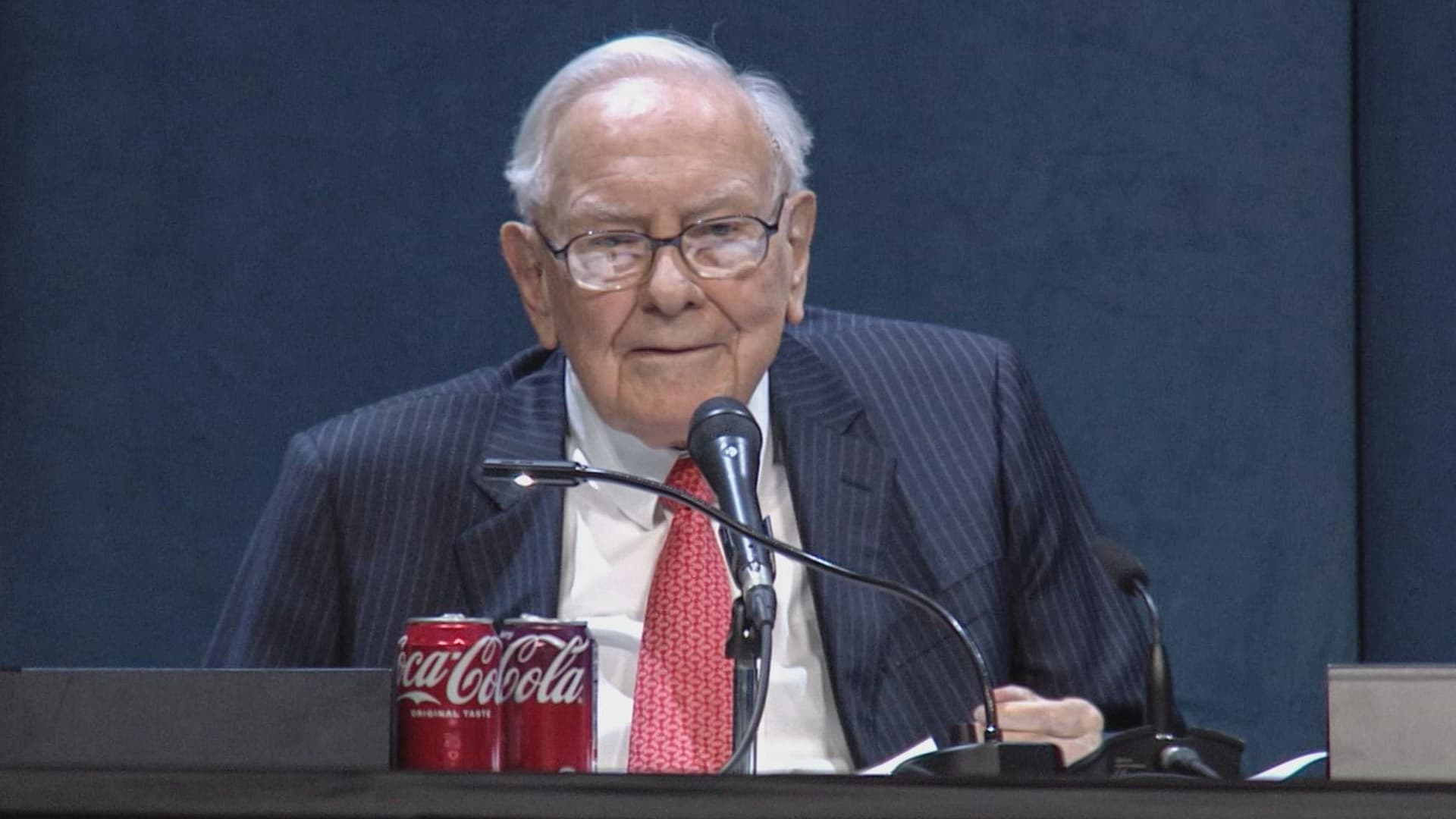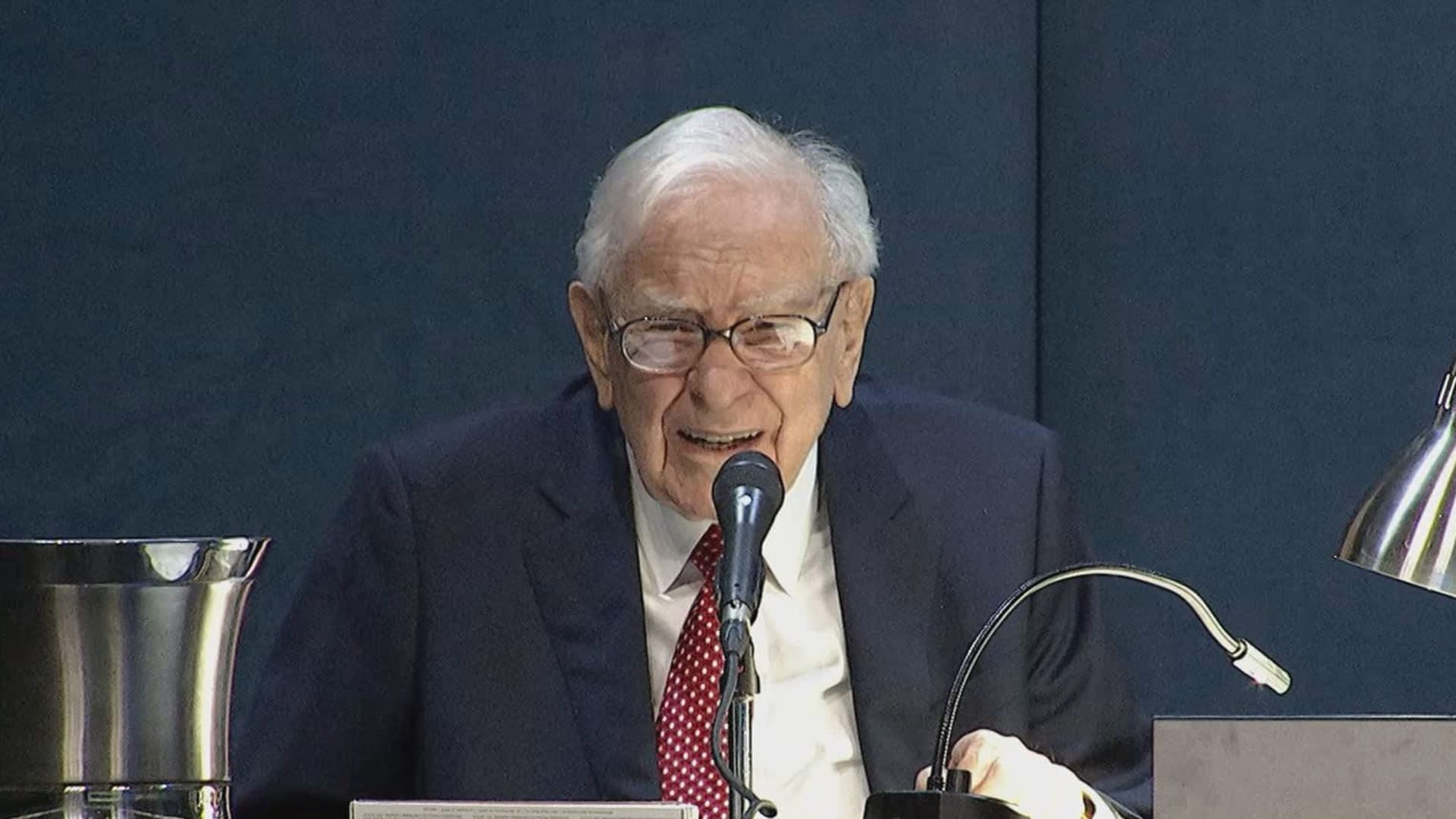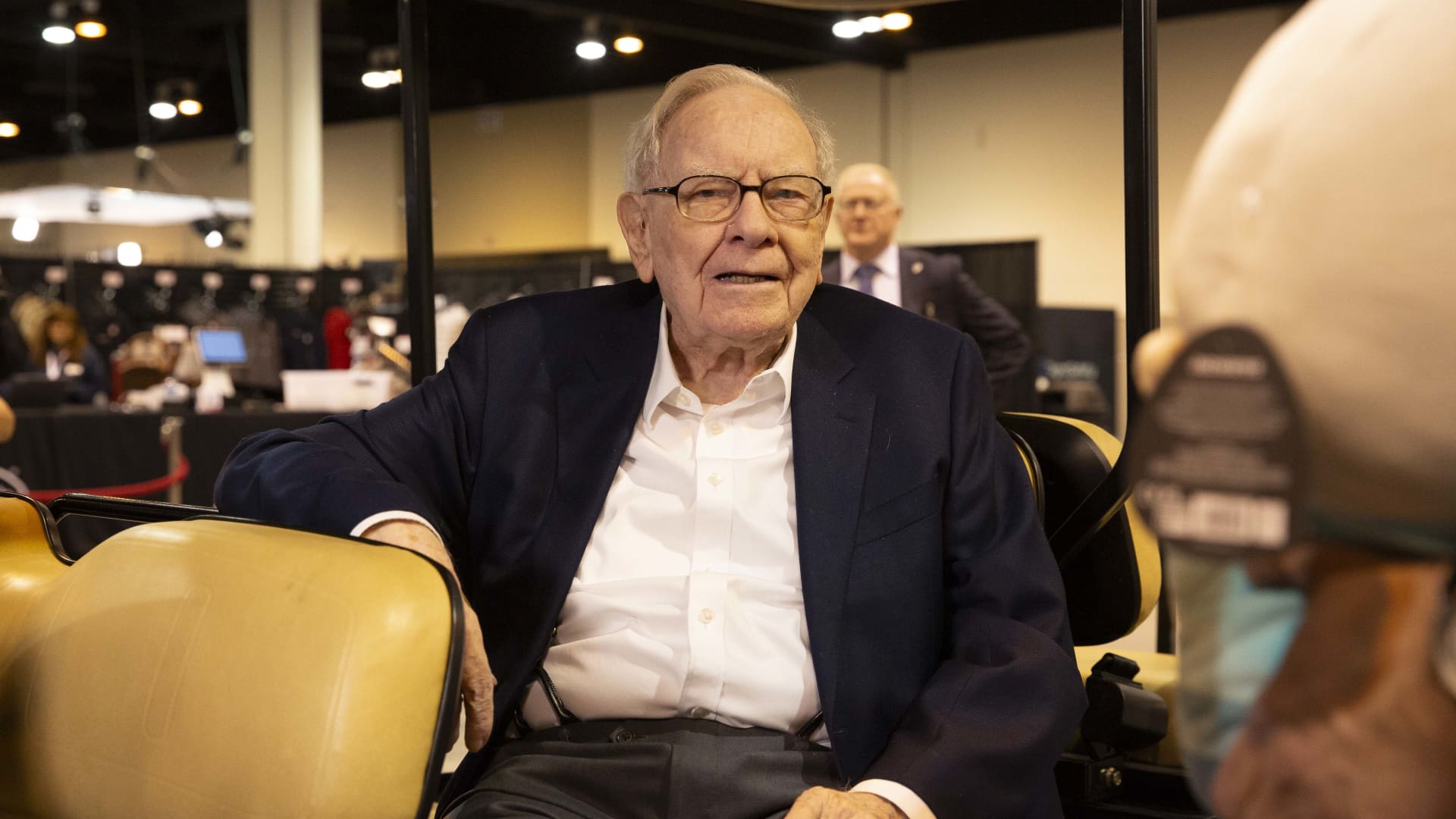The Biden administration announced ]more student loans are eligible for cancellation. (iStock)
President Joe Biden is keeping the ball rolling on student loan forgiveness, canceling a new round of loans as his administration crafts a new plan to target even more outstanding student debt.
The latest round of cancelations targets $7.4 billion in student loans for 277,000 borrowers, the Department of Education said in a statement. This brings the total debt forgiven over Biden’s presidency to $153 billion. The discharges are part of the Saving on a Valuable Education (SAVE) Plan, which offers a faster route to forgiveness.
“Today we are helping 277,000 borrowers who have been making payments on their student loans for at least a decade,” U.S. Under Secretary of Education James Kvaal said. “They have paid what they can afford, and they have earned loan forgiveness for the balance of their loan.”
More people are becoming eligible for student loan cancelation as they hit 10 years of payments. Since the launch of SAVE, nearly 8 million borrowers have received relief, including 4.5 million with a $0 monthly payment. Student loan forgiveness has reached millions even as the Supreme Court blocked Biden’s original debt forgiveness plan last June.
The Biden Administration has also released initial details of a new set of plans that would provide student debt relief to over 30 million borrowers, including the 4 million who have already been approved for debt cancelation over the past three years. The new plan also proposes to eliminate accrued interest for 23 million borrowers and automatically discharge debt for borrowers eligible for loan forgiveness under SAVE, closed school discharge, or other forgiveness programs, even if not enrolled. Additionally, student debt for borrowers who entered repayment for 20 or more years would be discharged.
Private student loan borrowers can’t benefit from federal loan relief. But you could lower your monthly payments by refinancing to a lower interest rate. Visit Credible to speak with an expert and get your questions answered.
BUY A HOME IN THESE STATES TO GET STUDENT LOAN DEBT RELIEF
Some borrowers miss out on SAVE
Biden’s SAVE plan could lower borrowers’ monthly payments to zero dollars, reduce monthly costs in half and save those who make payments at least $1,000 yearly. Yet roughly three out of four borrowers who make $75,000 or less annually and would benefit from the SAVE plan still need to be enrolled, according to a recent Student Debt Crisis Center (SDCC) survey.
Part of the problem is the lack of communication between student loan servicers and borrowers, according to the survey. Every student loan borrower is assigned a loan servicer to help them navigate repayment options, including income-driven repayment (IDR), which can make payments more affordable.
More than half of borrowers who contacted their student loan servicers with questions about resuming payments were left with unanswered questions. Moreover, a quarter of borrowers don’t trust the information they get from their servicer, and 75% said the information they got was inaccurate or incomplete.
“As a student loan borrower myself, I know firsthand how frustrating and harmful these communication errors can be, “SDCC Managing Director Sabrina Calazans said. ” Borrowers need more communications coming directly from the Department of Education, given their lack of trust in their respective service providers.”
If you’re having trouble making payments on your private student loans, you won’t benefit from federal relief. You could consider refinancing your loans for a lower interest rate to lower your monthly payments. Visit Credible to get your personalized rate in minutes without affecting your credit score.
HOMEOWNERS COULD SAVE TENS OF THOUSANDS IN DAMAGES BY USING SMART DEVICES
Legal challenges to student loan forgiveness mount
Republican-led states filed suit against President Joe Biden and the U.S. Department of Education to stop the SAVE Plan.
The lawsuit seeks to halt the SAVE plan immediately, arguing that the U.S. Department of Education has no authority to alter student loan repayment plans. This would essentially cancel more than $156 billion in student loan debt. The attorneys general from Alabama, Alaska, Idaho, Iowa, Louisiana, Montana, Nebraska, South Carolina, Texas and Utah joined the suit.
The lawsuit also argues that the U.S. Supreme Court ruled that Biden’s original forgiveness program violated federal law and that only Congress can authorize the forgiveness of student loans, which requires spending taxpayer money.
A statement from the Education Department said Congress gave the agency the authority to define the terms of income-driven repayment plans.
If you hold private student loans, you won’t be enrolled in a federal income-driven repayment plan, but you could refinance your loans to a lower rate. Visit Credible to compare options from different lenders without affecting your credit score.
MORTGAGE LOAN LIMIT RISES ABOVE $1.1M AS HOME PRICES SURGE
Have a finance-related question, but don’t know who to ask? Email The Credible Money Expert at [email protected] and your question might be answered by Credible in our Money Expert column.

 Economics1 week ago
Economics1 week ago
 Accounting1 week ago
Accounting1 week ago
 Economics1 week ago
Economics1 week ago
 Economics1 week ago
Economics1 week ago
 Economics1 week ago
Economics1 week ago
 Economics1 week ago
Economics1 week ago
 Economics1 week ago
Economics1 week ago
 Personal Finance6 days ago
Personal Finance6 days ago













